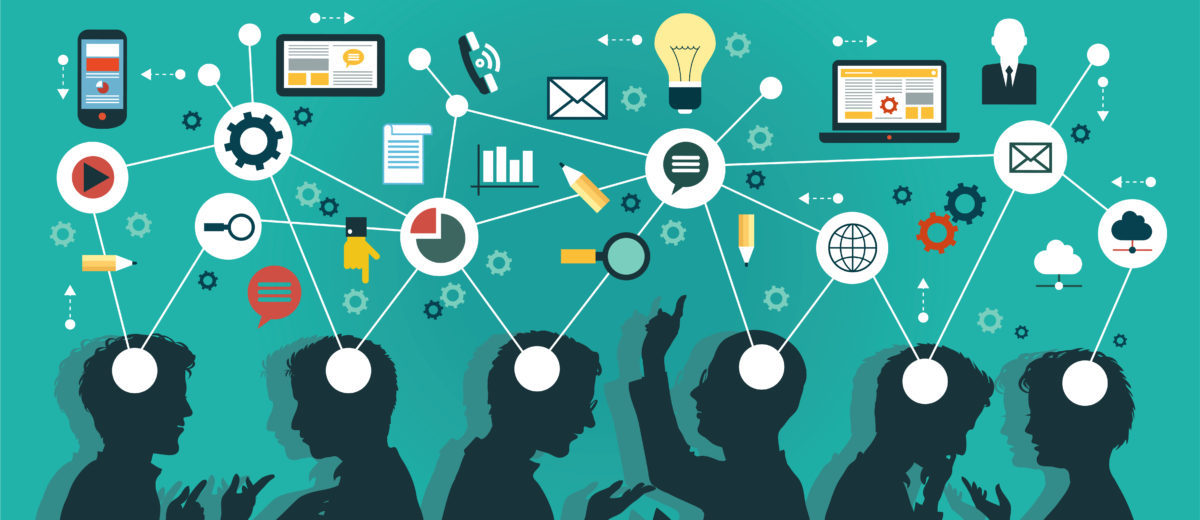Artificial intelligence is moving really fast, and people are worried about how it is going to change jobs. One of the biggest problems is that it’s not just taking away repetitive work but also hitting entry-level white-collar jobs. These are the jobs younger people, like Gen Z, usually start with to gain experience. If those jobs are gone, then they don’t really know how to move up into senior positions.
Dario Amodei, the CEO of Anthropic, warned that AI could remove as many as half of all entry-level white-collar jobs (VandeHei and Allen, 2025; Duffy, 2025). He even said unemployment could go up to 10 to 20 percent in the next five years. This is a massive change in a very short time, and it will hurt younger workers the most.
The technology is improving so quickly that it is hard to keep up. A few years ago, people said AI was like a high school student, now it’s already more like a college student (Coursera, 2025). If it keeps improving at this speed, it will soon be able to do even more complex jobs.
Examples already illustrate the tension. Klarna replaced its customer service with AI, only to roll back after major failures, yet in other contexts, AI integrated into workflows has boosted human productivity dramatically. For instance, an MIT Sloan study found that AI tools increased call center (technical support) productivity by 14 percent, showing that when applied effectively, the technology can deliver measurable gains (Global Desk, 2025; Mangelsdorf, 2024). For individual workers, this duality, jobs disappearing on one hand, productivity gains on the other, creates uncertainty and anxiety.
Critics caution that pausing AI progress could allow rival nations to surge ahead and gain leverage. Yet focusing only on being first ignores the immediate risks, and speed alone cannot be the true measure of success.
However, there is also reason for hope. If AI really makes production cheaper and more efficient, it could lower costs across industries, allowing people to maintain a good quality of life with less. Used wisely, AI does not have to mark the end of opportunity. It can expand what humans are capable of, if its benefits are shared and its risks competently managed.
References
Coursera. “The History of AI: A Timeline of Artificial Intelligence.” Coursera, 2025, www.coursera.org/articles/history-of-ai?utm_medium=sem&utm_source=gg&utm_campaign=b2c_emea_x_multi_ftcof_career-academy_cx_dr_bau_gg_pmax_gc_s1_en_m_hyb_23-12_x&campaignid=20858198824&adgroupid=&device=c&keyword=&matchtype=&network=x&devicemodel=&creativeid=&assetgroupid=6490027433&targetid=&extensionid=&placement=&gad_source=1&gad_campaignid=20854471652&gbraid=0AAAAADdKX6aKb4Wc7SL3xHeIleoyXESN9&gclid=Cj0KCQjw267GBhCSARIsAOjVJ4FZlS25hHwTUrLqSAm1WNXCYB82oMlf6qDj8KkNWqk7KmFXhWSa_TIaAktUEALw_wcB.
Duffy, Clare. “Why This Leading AI CEO Is Warning the Tech Could Cause Mass Unemployment.” CNN, 2025, edition.cnn.com/2025/05/29/tech/ai-anthropic-ceo-dario-amodei-unemployment.
Global Desk. “Company That Sacked 700 Workers with AI Now Regrets It — Scrambles to Rehire as Automation Goes Horribly Wrong.” The Economic Times, 2025, economictimes.indiatimes.com/news/international/us/company-that-sacked-700-workers-with-ai-now-regrets-it-scrambles-to-rehire-as-automation-goes-horribly-wrong/articleshow/121732999.cms?from=mdr.
Mangelsdorf, Martha. “Generative AI and Worker Productivity | MIT Sloan.” MIT Sloan, 2024, mitsloan.mit.edu/centers-initiatives/institute-work-and-employment-research/generative-ai-and-worker-productivity.
VandeHei, Jim, and Mike Allen. “Behind the Curtain: A White-Collar Bloodbath.” Axios, 2025, www.axios.com/2025/05/28/ai-jobs-white-collar-unemployment-anthropic?utm_source=chatgpt.com.





